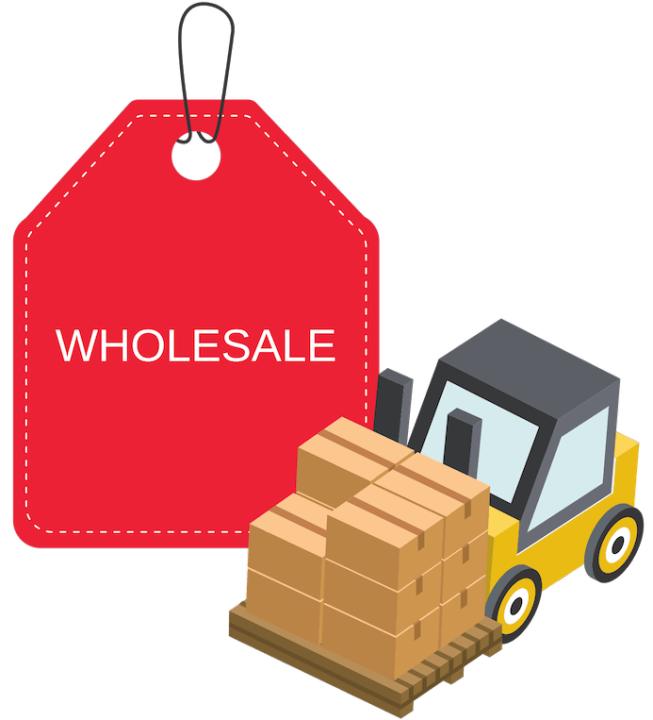
What is the wholesale business process?
The wholesale business process refers to the series of activities and steps involved in the distribution of goods from manufacturers or suppliers to retailers, businesses, or other customers who then sell the products to end consumers. Wholesale businesses act as intermediaries between producers and retailers, facilitating the movement of goods in bulk quantities. Here's an overview of the wholesale business process:
Sourcing and Procurement: Wholesalers identify potential suppliers or manufacturers from whom they can purchase goods at competitive prices. Negotiations, contracts, and agreements are established to determine terms of purchase, quantities, pricing, and delivery schedules.
Inventory Management: Wholesalers maintain a stock of various products in their warehouses. They must effectively manage inventory levels to ensure they have enough products to meet the demands of their customers without excessive overstocking.
Warehousing and Storage: Wholesalers store purchased goods in their warehouses. Proper storage, organization, and inventory tracking are crucial to efficiently manage the flow of products and prevent damage or loss.
Order Processing: Retailers or businesses place orders with wholesalers for specific products. These orders may vary in size and frequency. The wholesaler processes these orders, ensuring accuracy and timely fulfillment.
Packing and Shipping: Once orders are received, the wholesaler prepares the products for shipment. This involves proper packaging, labeling, and addressing. Depending on the scale of the business, shipping may be done using various transportation methods, such as trucks, ships, or planes.
Distribution: Wholesalers distribute the products to their customers, which may include retailers, other businesses, or even other wholesalers. The distribution process involves coordinating logistics, scheduling deliveries, and ensuring that the products reach their destination on time.
Billing and Payment: After the products are delivered, wholesalers generate invoices for the products supplied. Retailers or businesses make payments based on the agreed-upon terms, which could be immediate, net 30 days, or other arrangements.
Customer Relationship Management: Wholesalers maintain relationships with their customers, providing support, addressing inquiries, and addressing any issues that arise. Strong customer relationships can lead to repeat business and long-term partnerships.
Market Analysis and Trends: Successful wholesalers stay informed about market trends, customer preferences, and changes in demand. This enables them to adjust their inventory and offerings to meet current market demands.
Marketing and Sales: While wholesalers primarily deal with other businesses, effective marketing and sales efforts can help attract new customers and expand their client base. This may involve showcasing product catalogs, offering promotions, and providing excellent customer service.
Returns and Exchanges: Wholesalers handle returns and exchanges of products that do not meet quality standards or customer expectations. They follow established procedures for handling these situations and may work with suppliers to resolve issues.
Overall, the wholesale business process involves a combination of procurement, logistics, inventory management, and customer service to efficiently connect manufacturers with the retail market, ensuring the smooth flow of products from production to consumption.